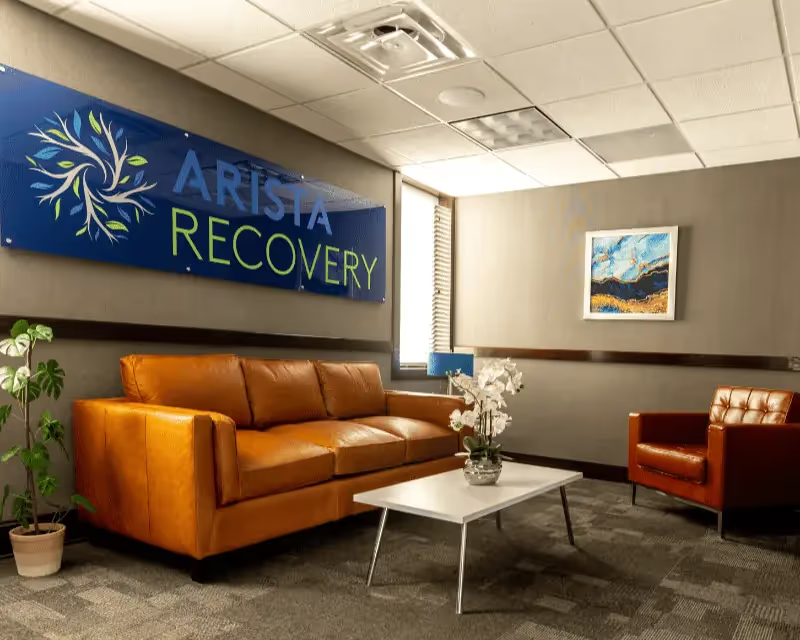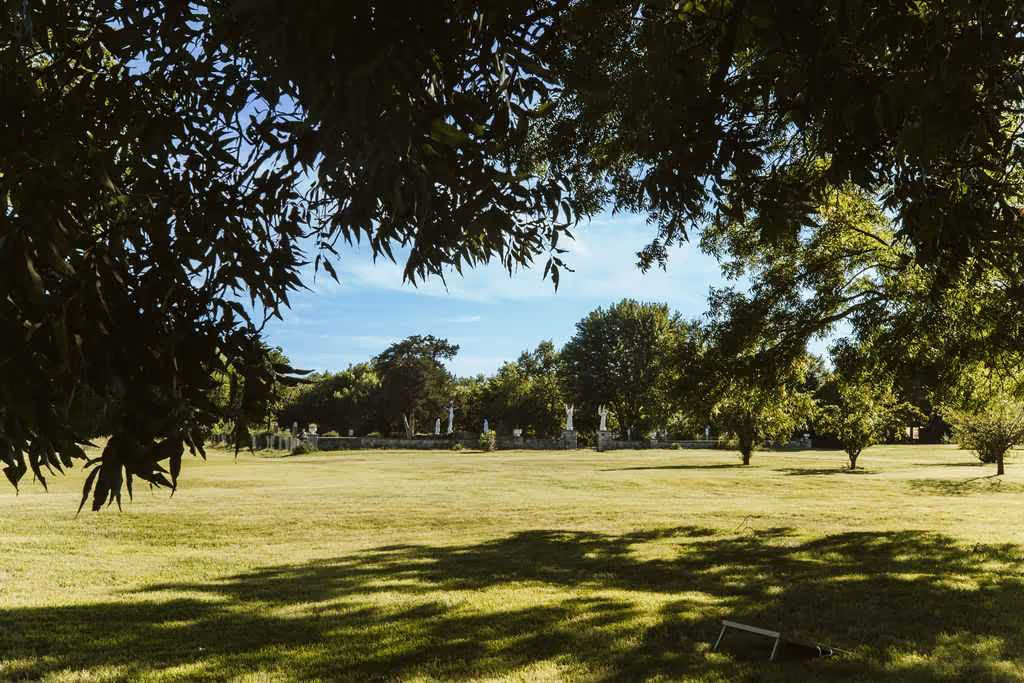CRACK ADDICTION TREATMENT IN KANSAS
.webp)
What is Crack?
Crack cocaine is a solid, mineral-like substance. Crack is made by mixing powdered cocaine with baking soda or ammonia to form a smokable substance. Crack is often smoked by vaporizing the drug in a glass pipe. Crack got its name from the crackling sound it makes when heated.
The United States Drug Enforcement Administration (DEA) classifies crack cocaine as a Schedule II drug, meaning that it has a high potential for abuse and can lead to physical dependency and severe psychological effects.
Crack was developed in the 1970s and emerged as a cheaper alternative to cocaine. Since it was cheaper than cocaine to produce, crack became more accessible to the lower-income communities. By the 1980s, the use of crack surged in what became known as the crack epidemic.
What is Crack Addiction?
Crack cocaine is more powerful and addictive than powdered cocaine. The effects of crack begin just one minute after inhaling the smoke and the high can last from 30 minutes up to one hour. Inhaling the smoke from crack delivers large quantities into the lungs and produces an immediate and intense euphoric feeling. The high from crack is nearly instant, and the potency of the drug makes it highly addictive.
Crack produces an excess of dopamine in the brain to produce a euphoric effect. Excessive crack use will diminish the body’s natural dopamine chemicals as the body becomes dependent. This leads to crack cocaine addiction as the cravings for the substance become stronger.
Data collected from the National Survey on Drug Use and Health (NSDUH) indicated that an estimated 6.2 million United States residents ages 12 and older have tried crack cocaine at least once in their lives.
Signs & Symptoms of Crack Addiction
Extended use of crack leads to addiction. There are several signs and physical symptoms
to look out for if you suspect someone has a crack addiction. These signs include:
- Bursts of energy. Because crack is a stimulant, it can cause users to talk rapidly, become anxious, seem erratic, or act aggressively.
- Extreme fatigue. Once the effects of the substance wear off, it can lead to extreme exhaustion, as the dopamine has been depleted. Crack cocaine abuse halts regular sleeping patterns.
- Changes in appetite. Those struggling with a crack addiction may experience changes in appetite and the inability to eat.
- Aggressive behavior. Once the high from crack wears off, it may cause agitation and lead to aggression.
- Blistered lips. If a crack addict is smoking from a glass pipe, you may notice their lips are burned or blistered.
The Effects of Crack Abuse
Crack abuse can have several short-term and long-term effects on the body and brain. The physical dependence and psychological effects of crack addiction are immediate and long- term use have serious side effects.
Some short-term and immediate effects of the drug addiction include:
- Increased heart rate
- High blood pressure
- Paranoia
- Anxiety
- Restlessness
- Contracted blood vessels
- Nausea
- Dilated eyes
Serious long-term effects of crack addiction include:
- Depression
- Damage to blood vessels
- Liver damage
- Lung damage
- Seizures
- Psychosis
- Kidney failure
- Stroke
The effects of crack addiction are devastating and can lead to death. Long-term crack abuse can damage organs and users may become more susceptible to infections.
Risks of Crack Overdose
A serious outcome of crack addiction is an overdose. Because of its potent properties, someone can overdose on crack on the first use of the drug. When crack cocaine is inhaled into the lungs, large amounts of the drug enter the body instantaneously. The risk of a crack cocaine overdose is high because users develop strong cravings for the drug and in an attempt to avoid withdrawal symptoms, they may use an excessive amount.
Signs of a crack overdose may include:
- Weak pulse
- Labored breathing
- Vomiting
- Chest pain
- Rapid heart rate
- Seizure
- Stroke
- Heart attack
It is important to be aware of the signs of a crack overdose. An overdose is a medical emergency. If you or a loved one experiences any signs of a crack overdose, call 911 immediately.
What We Do
Treatment Programs at Arista
Make the Call That Will Change Your Life.
Speak to one of our caring intake coordinators 24 hours a day, 7 days a week.

Commonly Asked Questions
What is the difference between crack and cocaine?
Cocaine is generally ingested intranasally, while crack is heated and the smoke is inhaled. Smoking crack increases the speed of drug’s effects. The high from crack is more intense than that of powder cocaine high, which leads to a higher potential for addiction. Crack also has a lower street value than cocaine.
How long does crack stay in your system?
Crack can be detected in hair follicles for up to 90 days, urine for up to four days, and saliva and blood for up to 24 hours.
Can crack overdose be fatal?
An overdose on crack cocaine can lead to sudden death. Fatal overdose is dependent on several factors including how much is taken, length of addiction, and combining crack with other substances.
Our Unique Therapies
Explore our innovative approach to addiction treatment at Arista Recovery. From evidence-based therapies to holistic and experiential methods, we offer an immersive experience that works to treat the root causes of substance abuse our full continuum treatment programs


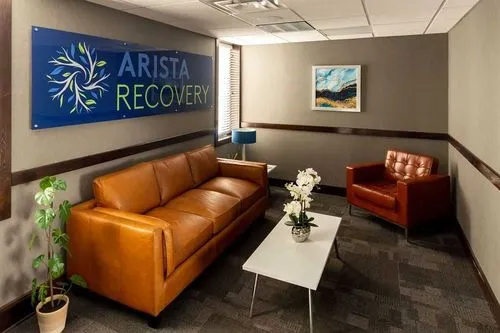

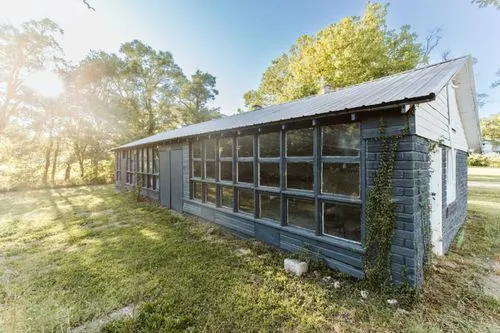
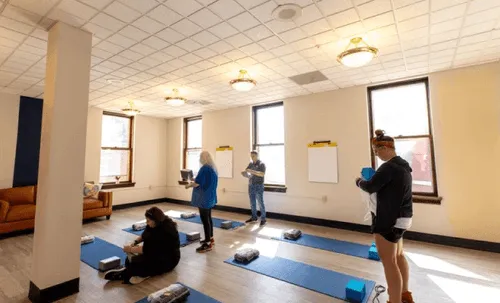






Educational Therapy for Addiction Recovery
Explore Educational Therapy at Arista Recovery and how it can help you recover.
Art Therapy for Addiction Recovery | Arista Recovery
Explore art therapy at Arista Recovery and how it can help you recover.
Cognitive Behavioral Therapy (CBT) for Addiction Recovery
Explore cognitive behavioral therapy at Arista Recovery and how it can help you recover.
Dialectical Behavioral Therapy (DBT) for Addiction Recovery
Explore dialectical behavioral therapy for addiction treatment and how it can help you recover.
Trauma Therapy for Addiction Recovery
Explore trauma therapy at Arista Recovery and how it can help you recover.
Group Therapy for Addiction Recovery | Arista Recovery
Explore group therapy at Arista Recovery and how it can help you recover.
Horticultural Therapy for Addiction Recovery in Kansas
Explore horticultural therapy at Arista Recovery and how it can help you recover.
Sand Tray Therapy For Adults | Arista Recovery
Explore sand tray therapy at Arista Recovery and how it can help you recover.
Equine Therapy for Addiction Recovery | Arista Recovery
Explore equine therapy at Arista Recovery and how it can help you recover.
Experiential Therapy for Addiction Recovery
Explore experiential therapy at Arista Recovery and how it can help you recover.
Synergistic Therapy Recovery Program | Arista Recovery
Our Synergistic Recovery Program programs in Kansas City provides effective training, both in the physical and mental domains.
We're proud to accept most insurances
Most major insurance plans can help cover up to 100% of the cost of treatment at Arista Recovery. Fill out our free insurance benefits form now and get started on your journey to long-term healing. You deserve it.










YOUR PATH TO FREEDOM BEGINS TODAY
Crack-Cocaine Addiction Treatment in Kansas
Detoxing and recovering from a crack cocaine addiction can be physically and psychologically challenging. Detox is the first step in treatment for crack addiction. Detoxing from crack should be done in a controlled medical setting.
Crack withdrawal causes intense cravings, feelings of anxiety and depression, and insomnia. There are currently no approved prescription drugs to treat crack addiction or alleviate crack cocaine withdrawal symptoms.
The best option for the treatment of crack addiction is an inpatient treatment facility. Crack addiction treatment includes behavioral therapy, group therapy, 12-step programs, and treatment for mental health and co-occurring disorders. Rehab for crack addiction typically
lasts 30 to 90 days.
Arista Recovery is a drug rehab center with several options for crack cocaine addiction treatment. If you are seeking a treatment program for crack addiction or substance abuse, we are here to help. Our admissions specialists are available 24/7 to answer your questions and verify insurance benefits. Start your journey to addiction recovery with rehab.










